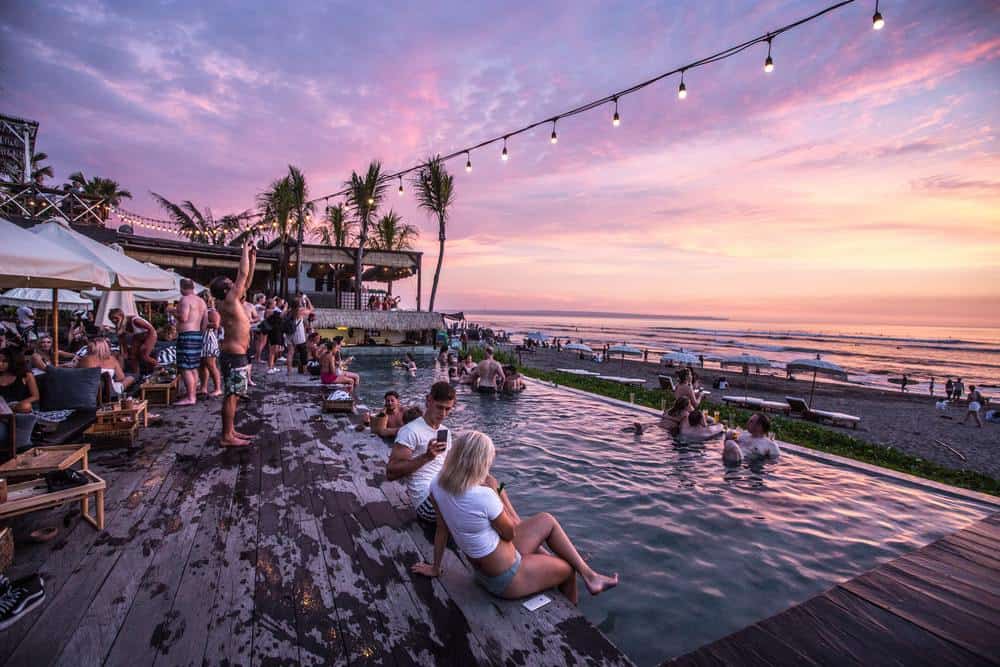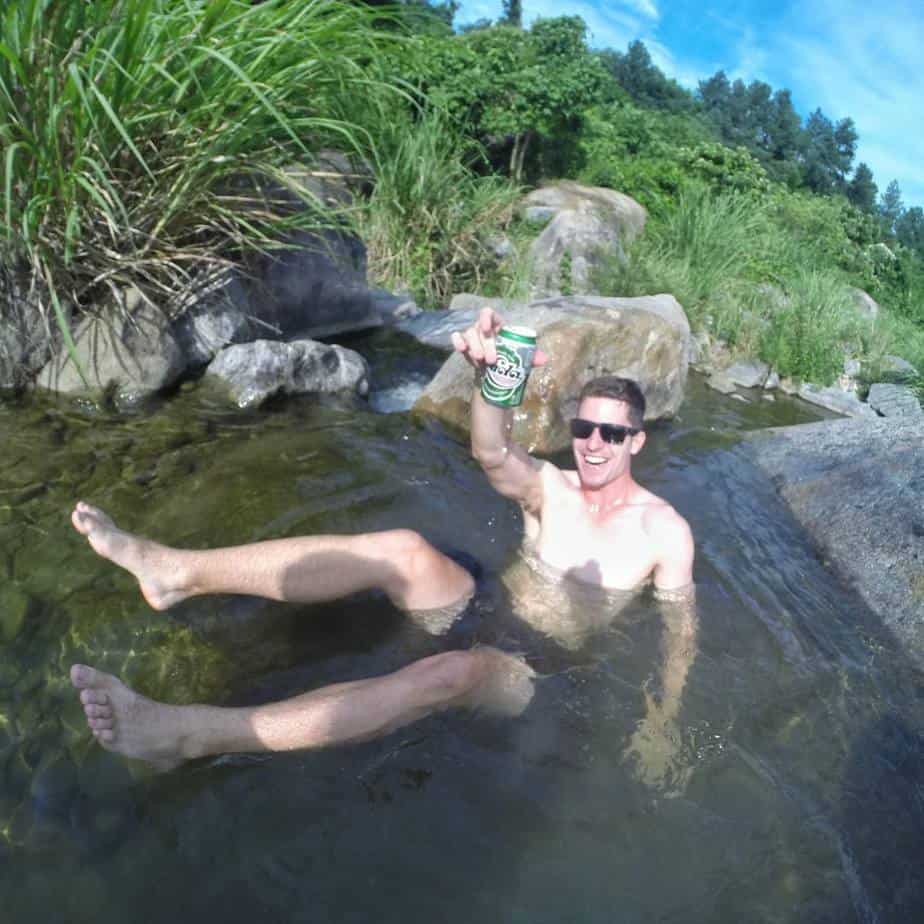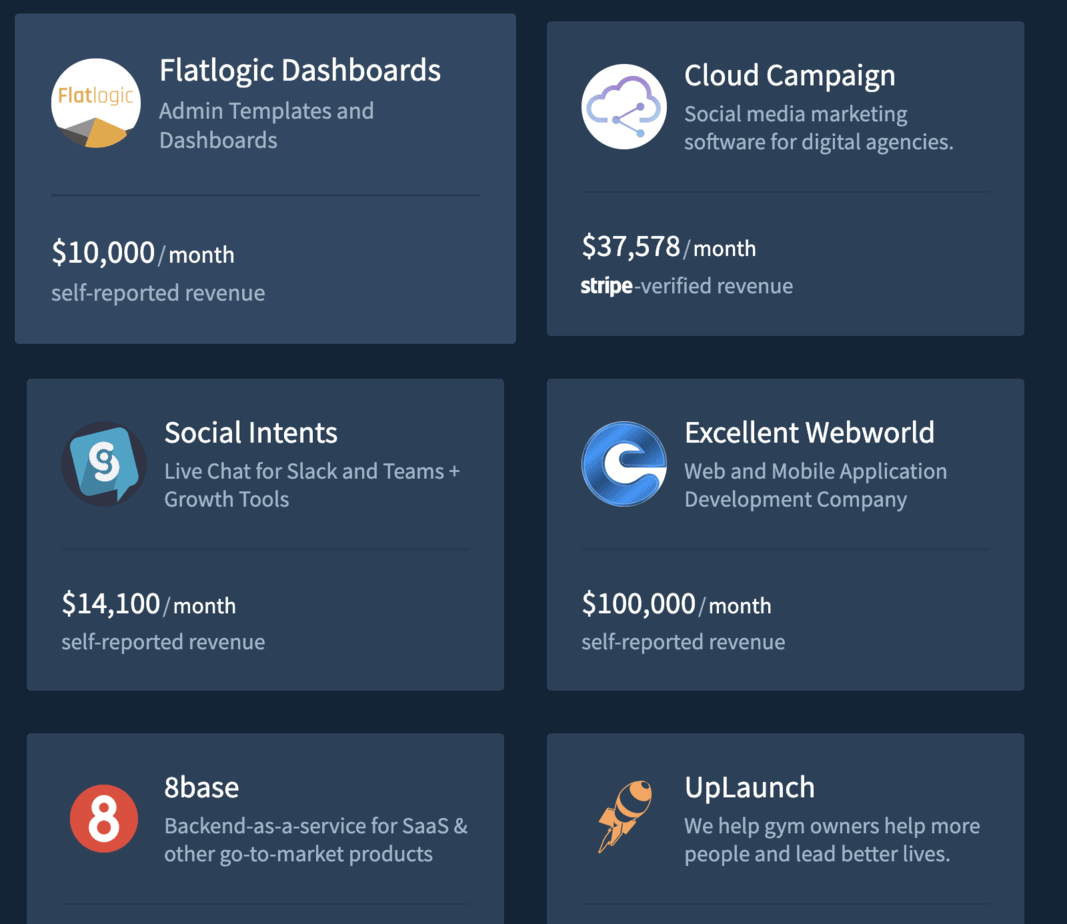Note: This post may contain affiliate links which means if you click on a link and purchase an item, we will receive an affiliate commission at no extra cost to you.
In this clip from Episode 2 of the WeNomad podcast, Neel Parekh talks to me about his transition from fast travel to slow travel, and how it can be more beneficial to your social life, focus, and productivity.
For more, watch the full 45-minute episode here. Aside from travel styles and different types of places to stay in, we also talk about other nomading-related things like scaling your business and an overall guide to staying in Chiang Mai.
Key Takeaways:
- Slow travel has a lot of benefits. You get to live life at a slower pace, see more of your destination, and build deeper relationships with people you meet.
- Co-living can be a great way to experience a new destination while getting work done alongside like-minded people. But it can be expensive compared to Airbnb. It’s a matter of personal preference too because you might prefer living by yourself.
Video Transcript:
Cam:
How has your speed and your traveling style evolved from how you started? It sounds like you started really fast; now it seems like you have a home base in LA. Take me through that evolution and why it evolved.
Neel:
I wonder if there’s something with human psychology of how everyone travels and why we do this. Because I guarantee, Cam, you’ve probably done this. You start traveling, you’re like, “This is freakin’ awesome. I’m going to go fast.”
You get to hostels, you just party all the time. You’re moving very, very fast. And after some time, you realize, “That’s not doing it for me. I just want to slow down. I get a little tired. I want to stay longer in each place.”
So like I mentioned, on the first trip, I was moving fast. Backpacking. And afterward, I realized I wanted to stay somewhere longer. It almost felt like a new challenge of, “Hey, can I go somewhere where I don’t know anyone and stay a little bit longer, don’t stay at hostels, and make friends?”
That was the biggest challenge for me. And that was when I was going to go to Budapest. So I hostel off for a few months, went to Budapest, and stayed for two or three months at that time.
And at that point, I realized, “Oh, this is actually kind of nice.” Like, staying longer in one spot. You get more work done. You could actually build a community. Whether it’s a transient travel community or not, at least it’s longer than a normal backpacker to actually build real connections.
I felt like I got to know the place much better. That’s when I started realizing, “Oh, I like having these at least 1-2 month stints in places as opposed to rapid-fire which I was doing for 6+ months.
So, that’s when it morphed that way and then eventually transitioned to where I learned about co-living places. Cam, have you ever stayed at a co-living spot?
Cam:
I have not. I personally like being in my own space. And I don’t even necessarily love co-working spaces, because when I’m most productive is when I’m the most anti-social.
In some ways, I mean you reference hostels a bunch of times, which do seem like the easiest way to meet people, but I generally think if I stayed in a hostel, I think it’d be so difficult for me to be productive. It’s just me absorbing other people’s energy.
Even in my relationship with my girlfriend, we prefer to stay in separate rooms. This is, I guess, a whole other can of worms I’m opening, but I think a lot of it for me just has to do with I think I really absorb other people’s energy. And I really like being in my own energy and being able to just think by myself.
Neel:
Would your answer change if you’re 24 years old?
Cam:
I mean, I started nomading when I was 25. And even then, I definitely preferred to be more independent, in either a studio, a bedroom, or a house.
So, I think it’s just me. I don’t think it’s really an age thing. I think it’s just a personal preference. And it’s how I’ve been operating.
Neel:
Yeah, I’m wondering… It’s been a while since I was…
Now, I pretty much do the same as you — Airbnbs pretty much only when I travel. Just have my own spot. I just want to be productive. My joy is working, not necessarily just going out and partying. So, things are shifted.
I’ve been very curious, too. I haven’t done co-living in 2-3 years at this point. And how much I’d like that [again].
Co-living I think is like co-working. I wouldn’t even call it hosteling. But coworking plus Airbnbs. There are people living in the same home for three, four months at a time, if not more. So, you have your own room and everyone co-works together, then you guys do shared activities at night time — it’s great.
But I’m wondering if it’s great from a nostalgia purpose. As I graduated from hostels and I graduated from other things, I wonder if I’ve already graduated from coliving, but just don’t even realize it.
Cam:
It’d be interesting. Maybe I should go do a co-living experiment. I think part of it for me, especially when I started traveling, it feels like…
Hostels are obviously less expensive than Airbnb. Co-living generally seems to be way more expensive than Airbnb. And so I think the frugal part of me is like, “I think I’m okay. I’d rather just have my own spot and do my own thing.”
But I get the appeal of it. It’s a challenge. I mean, I think what you’ve described why you like slowing down is the same reason why I’ve slowed down when I started.
I was doing six to eight weeks in any place. That was my initial speed and I did that for a year and a half. And now I’m generally on a three to six-month speed.
A lot of it just has to do with being more productive. And actually being able to build relationships. When you’re going really fast, it’s so hard to keep a routine to build relationships and get stuff done because there’s just so much going on.
How I thought about it is, when you go to a new place, it’s so stimulating for your brain that it snaps you out of the autopilot subconscious brain into a very conscious brain. Because every detail on everything is new, switching into that conscious type of brain activity makes it very difficult to make a lot of progress in business because you’re using so much of your brainpower in everyday activities.
So when you get into a place and you get into a groove for longer, you can shut off the need for brainpower for everyday basic things, and you get back to getting stuff done.
Neel:
I found it takes me a week in any new spot to get acclimated and get that brainpower out of there.
Get really acclimated with the place, know where the grocery store is, know where the gym is, and just really get up to speed on it. It probably takes me a week. So if you’re in a spot for one month and a week’s gone, that’s 25% of your productivity which is gone.
I know people who that’s not an issue for; they could work from anywhere. My friend could work on a bus. We were on a safari in Africa and he was just working on the bus.
I’m like, “I don’t know how you’re doing this. Are you doing real work?”
And he was doing real work. Some people are just wired differently.









Leave a Reply
View Comments